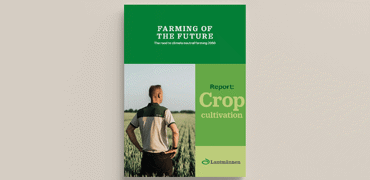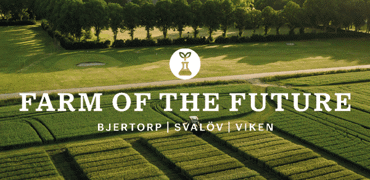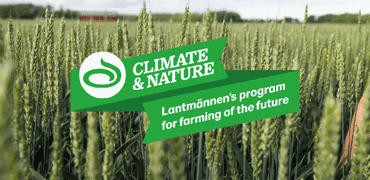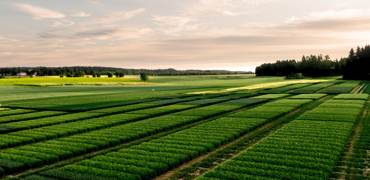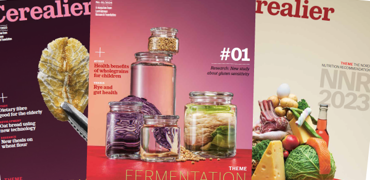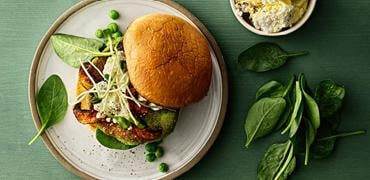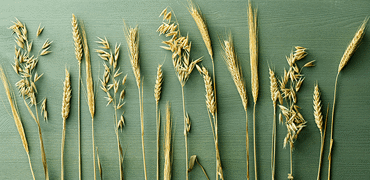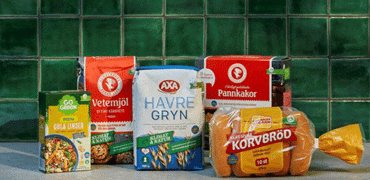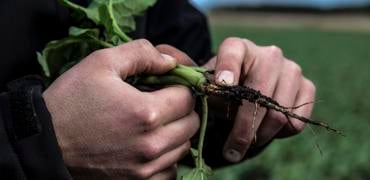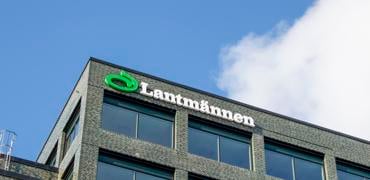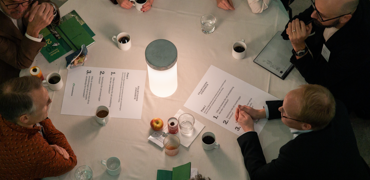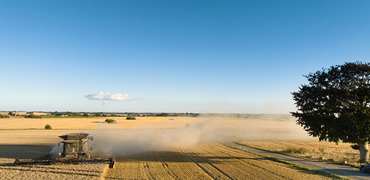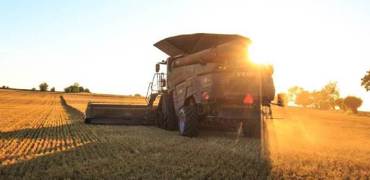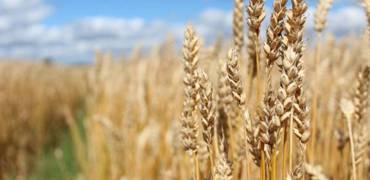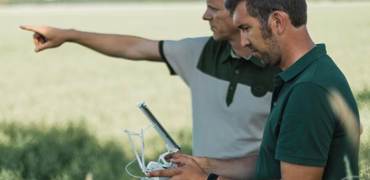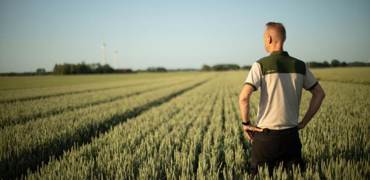Juha-Matti ended up working with sustainable nutrition by an accident. “I was working for VTT [Technical research centre of Finland] with electronics, paper, packaging and printing and their environmental sustainability issues, when a need for project manager in theoretical LCA development and evaluation work for agricultural products in 1998 was raised. I decided to jump into this topic, and I somewhat in the same path still. Back then, we studied how to systematically measure LCA based environmental impacts of food production based on biological production processes. Our first results were published in Brussels in a small LCA Food conference, and there were few dozens of people. When that conference is arranged today, there are hundreds of participants! This just describes well about the awareness that this topic has these days in science but also in companies and in public discussion.” He addresses that we should all be aware of dual burden of nutrition, and the future population growth. “Sustainable nutrition means producing nutritious food for all with smallest possible environmental impact – considering e.g. carbon and water footprints, raw material and land use and Baltic sea and inland waters and their eutrophication. Currently we are also causing losses in the biodiversity, whereas we should aim to adding biodiversity into LCA and decision making. Dual burden of malnutrition combined together with population growth demands that we will need to produce food in a more sustainable way in the future and make sustainable changes in the consumption.”
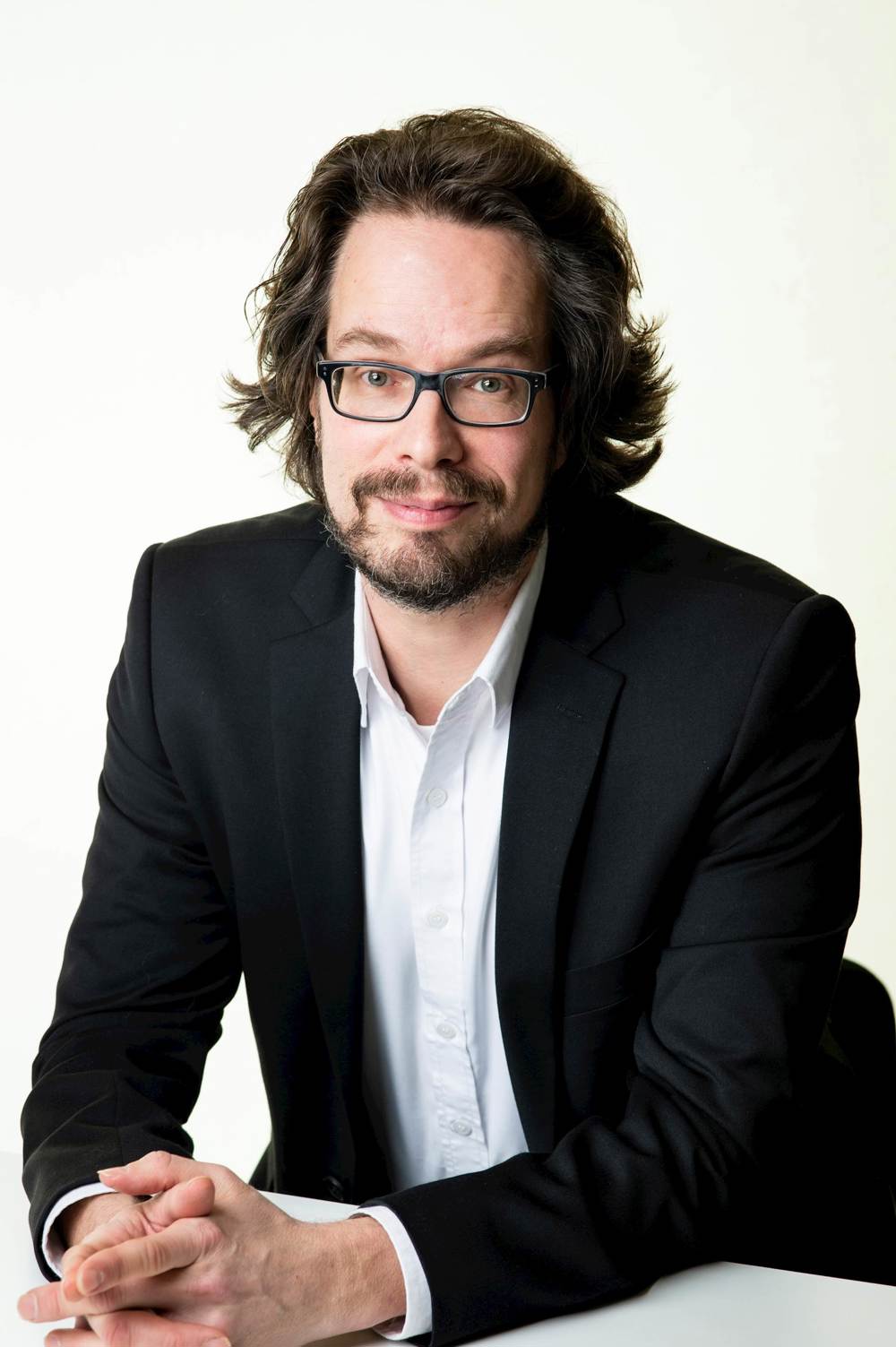
Nowadays, passion for sustainable nutrition for Juha-Matti lies in complexity, challenges and seeing the real impact on people’s lives. “This work allows me to be involved with a broad range of different sustainability and circular economy topics, but still I can focus on the big picture. Sustainable nutrition raises interest in many levels. We should create more sustainable food systems, develop all type of food supply chains, find ways to impact to our ways of consuming food and food waste, bring these issues to politics more and come up with some new, disruptive solutions for food production as well – just to name few!”
He finds inspiration to work with sustainable nutrition from many aspects. “There is a global crisis ongoing. Climate change, losses in biodiversity and at the same time increased human health problems. We see huge amount of work, but at the same time you comprehend how much has already progressed. We study and conduct research to make nutritional recommendations for populations, and there you can actually make the difference; I’m currently a member in Finnish National Nutrition Council.”
Juha-Matti is happy that this topic is raising interest in many different parties. “Nordic countries will be in a leading role in integrating sustainable nutrition in to the Nordic Nutrition Recommendations, which will be launched in 2022. We could also lead the work of finding for novel food systems and ways for more sustainable consuming habits.” He sees the most potential in turning consumer habits in more sustainable way little by little. “We can evaluate and calculate food systems in more reliable way, and along that minimize environmental footprints even more. In this way, we can communicate this on a clearer and more understandable way to the consumers, e.g. what are the carbon and water footprints of different products and brands. In future, they could be labeled in products with colours and numbers.”
Specially Juha-Matti is eager to find harmonized way to calculate environmental footprints of different food products, which in his point of view should be done in consistent way within different food sub industries and branches: “This will allow us to build more sustainable food plate on a fair, solid way, and this in the same time is spurring companies to develop the chains and decrease environmental footprints of products”.
“Examples of true innovations that make a difference are harmonized methods for footprints and utilization of those, totally new ways of utilizing food related side-streams as valuable ingredients and of course these new disruptive food technologies are interesting, such as vertical farming, cellular agriculture, algae as protein source etc… Some of those may have a fundamental impact because of reduced environmental footprint and new business opportunities models, and still current traditional land based agricultural production is definitely also needed”, Juha-Matti says.






